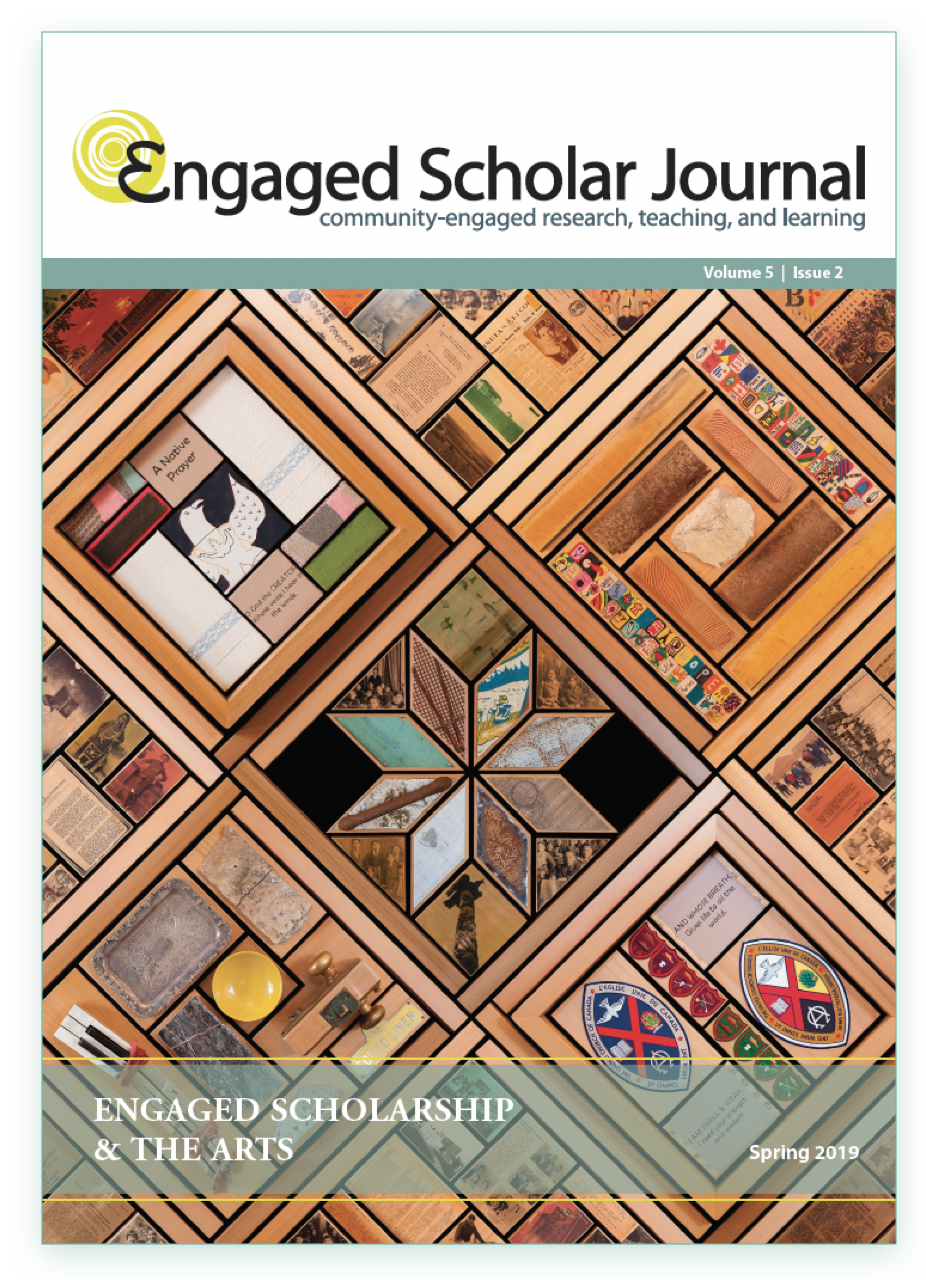Learning, Doing and Teaching Together: Reflecting on our Arts Based Approach to Research, Education and Activism with and for Women Living with HIV
DOI:
https://doi.org/10.15402/esj.v5i2.68350Keywords:
Body Mapping, HIV, Women, Criminalization, Arts-based researchAbstract
Body Mapping has been used for thousands of years by people who want to achieve a better understanding of themselves, their bodies and the world they live in. Artist Jane Solomon and psychologist Jonathan Morgan transformed Body Mapping for the “Long Life Project”, during the Médecins Sans Frontières (MSF) roll-out of antiretrovirals in Khayelitsha township, South Africa in 2001. Body mapping enables participants to tell their stories in the face of intense HIV/AIDS stigma. We adapted Body Mapping for the Women, Art and Criminalizaton of HIV Non-Disclosure (WATCH) study, a community arts based research (CBR) approach to better understand the impact that Canadian laws criminalizing HIV non-disclosure have on women living with HIV. Our national team includes women living with HIV, service providers, and researchers. This reflection illustrates our collective and iterative process of learning, teaching and doing body mapping workshops with women living with HIV in Canada. We share our experiences of coming to Body Mapping as an arts-based approach to CBR, how our roles as researchers stretched to include community-based education, advocacy, and group facilitation, and how we embodied the artist-researcher identity as we disseminate our research in ways that actively engage the general public on laws criminalizing HIV nondisclosure laws vis-à-vis Body Mapping galleries.
Downloads
Published
How to Cite
Issue
Section
License
Authors who publish with this journal agree to the following terms:
- Authors retain copyright and grant the journal right of first publication with the work simultaneously licensed under a Creative Commons Attribution License CC BY 4.0 that allows others to share the work with an acknowledgement of the work's authorship and initial publication in this journal.
- Authors are able to enter separate, additional contractual agreements for the non-exclusive distribution of the journal's published version of the work (e.g., post it to an institutional repository or publish it in a book), with an acknowledgement of its initial publication in this journal.
- Authors are permitted to post their work online (e.g., in an institutional repository or on their website) after the publication of their work in the Engaged Scholar Journal.
- Please note that while every opportunity will be taken to ensure author participation in the editing process, due to time constraints final copyediting changes may be made before publication to ensure APA adherence throughout all submissions.




